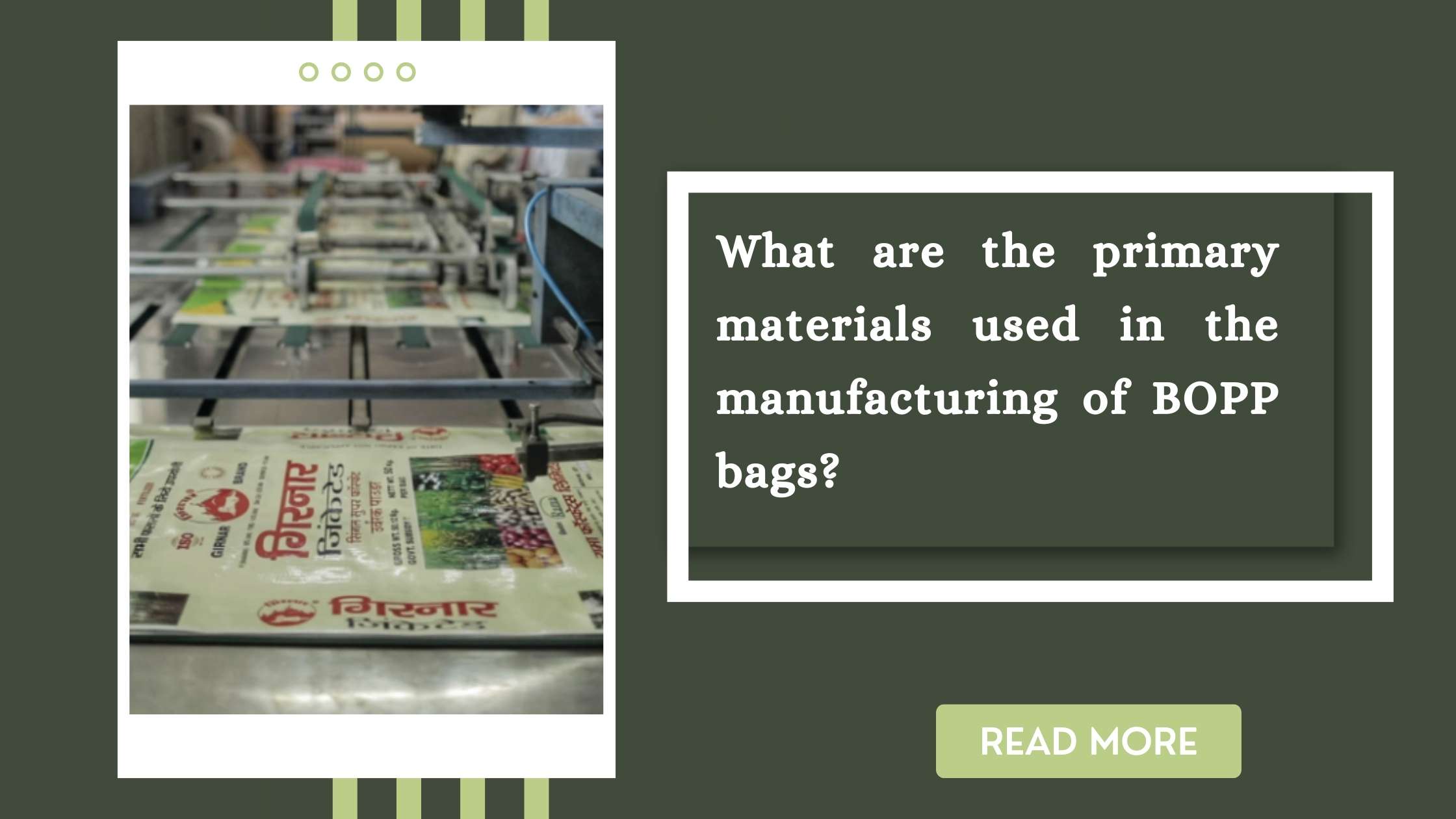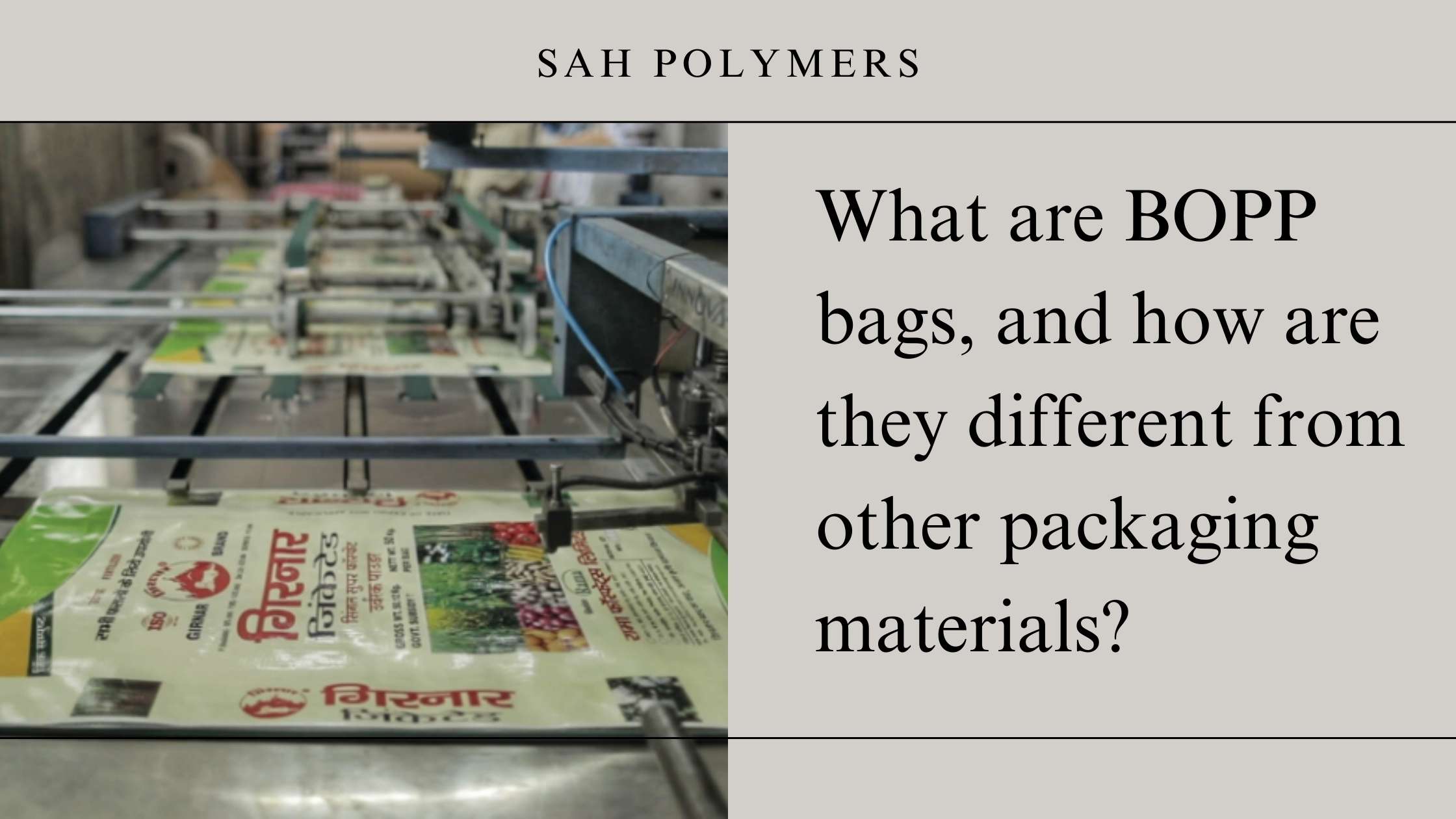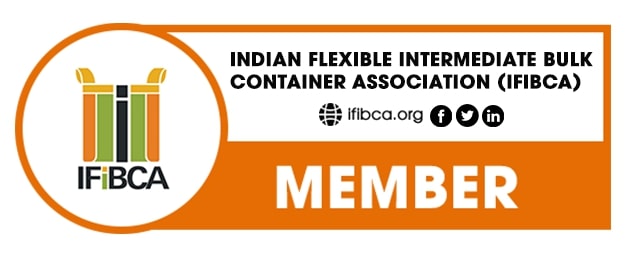When filling and emptying FIBC (Flexible Intermediate Bulk Container) bags, it is important to take certain precautions to ensure safety and prevent damage to the bag and its contents. Below are some of the key precautions to consider:
Use appropriate equipment:
When filling an FIBC bag, it is important to use the appropriate equipment to avoid damaging the bag or the material being stored. For example, using a chute or hopper can help prevent the material from being spilled or dropped onto the bag.
Secure the bag:
Before filling an FIBC bag, it is important to secure it to a pallet or other stable surface to prevent it from moving during the filling process. This can help to ensure that the bag remains stable and prevent material from spilling out.
Monitor weight:
It is important to monitor the weight of the material being filled into the FIBC bag to ensure that it does not exceed the maximum weight capacity of the bag. Overloading the bag can cause it to fail or become damaged, leading to the contents spilling out.
Wear protective equipment:
When filling or emptying a FIBC bag, it is important to wear appropriate protective equipment, such as gloves and a dust mask, to prevent injury and protect against harmful dust or fumes.
Properly tie the bag:
After filling an FIBC bag, it is important to properly tie it to prevent the contents from spilling out during transport. This may involve using a knot or a tie-down strap to secure the top of the bag.
Follow safe lifting practices:
When lifting and moving a filled FIBC bag, it is important to follow safe lifting practices to avoid injury. This may involve using a forklift or other lifting equipment and having at least two people lift the bag to ensure that it is done safely.
In conclusion, filling and emptying FIBC bags requires careful attention to safety and proper handling techniques. By following these precautions, companies can help prevent injury, damage to the bags and their contents, and ensure that the process is completed efficiently and safely.
Common Uses of FIBC Bags
- Agriculture: FIBCs are commonly used to store and transport agricultural products such as grains, seeds, and fertilizers.
- Construction: FIBCs are often used to store and transport building materials, such as cement, sand, and gravel.
- Chemicals: FIBCs are used to store and transport a variety of chemicals, including pharmaceuticals, food additives, and industrial chemicals.
- Food and Beverage: FIBCs are used to store and transport food and beverage products, including flour, sugar, and spices.
- Mining: FIBCs are used in the mining industry to store and transport minerals, such as coal, ore, and sand.
- Waste Management: FIBCs are used in waste management to store and transport a variety of waste materials, including municipal solid waste, hazardous waste, and recycling.
- Pharmaceuticals: FIBCs are used to store and transport pharmaceutical products, such as drugs and medical supplies.






